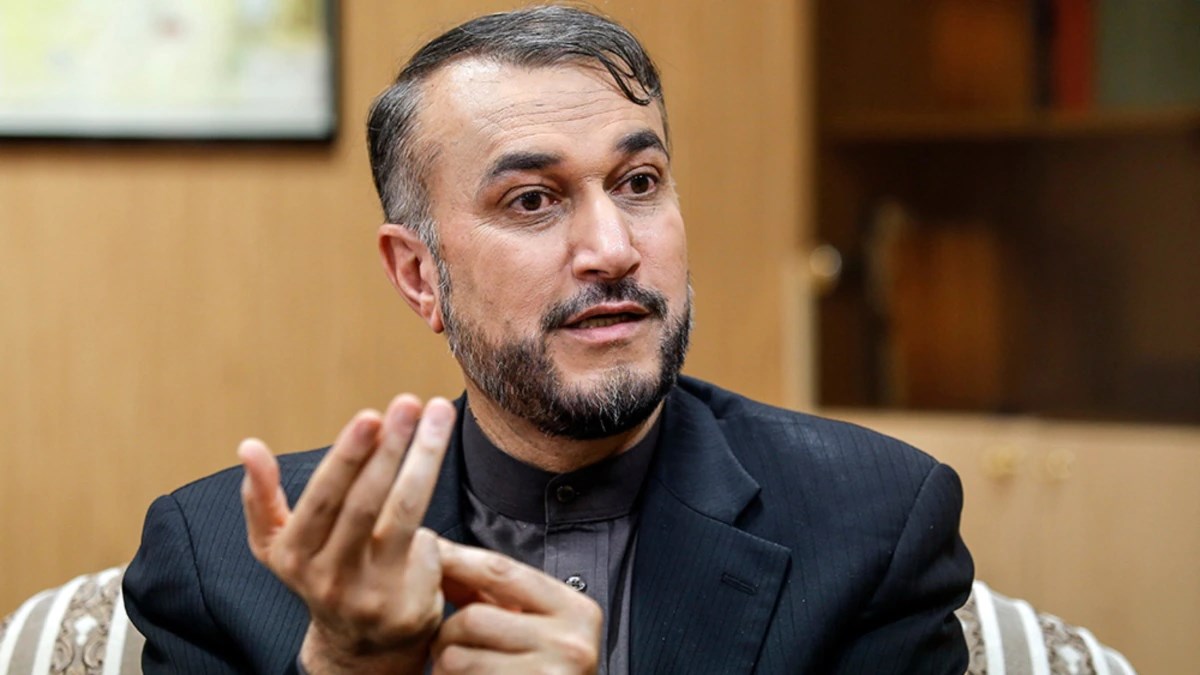Iran ready to negotiate nuclear deal based on mutual interests: FM
Iranian Foreign Minister Hossein Amir-Abdollahian tells his EU counterpart that Iran is seeking a nuclear deal that will serve all the parties to the agreement rather than the US alone.
-

Iranian Foreign Minister Hossein Amir-Abdollahian
Iran is ready to negotiate a strong and lasting deal based on the shared interests of all the parties included in the nuclear agreement and not on US mutually exclusive unilateral demands, Iranian Foreign Minister Hossein Amir-Abdollahian said Wednesday.
"[An] agreement is possible only based on mutual understanding [and] interests. We remain ready to negotiate a strong & durable agreement. [The] US must decide if it wants a deal or insists on sticking" to its mutually exclusive, unilateral demands, the Foreign Minister tweeted on Tuesday.
Had a call w @JosepBorrellF earlier tonight.
— H.Amirabdollahian امیرعبداللهیان (@Amirabdolahian) July 5, 2022
Agreement is possible only based on mutual understanding & interests.
We remain ready to negotiate a strong & durable agreement.
US must decide if it wants a deal or insists on sticking to its unilateral demands. Mutually exclusive.
US Special Envoy for Iran Robert Malley said Iran added new demands during EU-brokered talks in Qatar last week, though he claimed that the demands went beyond the 2015 nuclear accord.
On June 28, the Qatari capital of Doha hosted indirect talks between Iran and the United States over reviving the 2015 JCPOA with major powers.
The US claims were preceded by Amir-Abdollahian telling his French counterpart Catherine Colonna that the recent nuclear talks in Doha were "positive and constructive."
The Iranian minister, however, said the US attended the Doha talks with no initiatives based on innovation and progress. "We believe that political initiatives should not be replaced by the repetition of the previous stances."
Amir-Abdollahian's statements had been previously underlined by Iranian Supreme Political Council Secretary Ali Shamkani during his meeting with EU foreign policy chief Josep Borrell.
The top official also criticized the European Union for its inaction regarding Washington's unilateral withdrawal and imposition of sanctions on Tehran, noting that Europe's stance accompanied by the US actions created a bitter experience for Iran.
Amir-Abdollahian previously said that had the US dealt "realistically" during the last round of talks in Vienna, the member states would have been closer than ever to signing an accord.
US National Security Council Coordinator for Strategic Communications John Kirby said Saturday that Washington still believed in the revival of the 2015 nuclear deal.
The International Atomic Energy Agency's Board of Governors adopted in early June a draft resolution submitted by the US and the E3, criticizing Iran for what they claim were incomplete answers given to the IAEA on uranium traces at "undeclared sites". These claims were quickly refuted by the Head of the Atomic Energy Organization of Iran (AEOI), Mohammad Eslami, who said that Iran has neither secret or unwritten nuclear activities nor unreported nuclear sites.
Following that report, Iran abandoned all commitments beyond the Safeguards Agreement in response to the IAEA's Board of Governors' adoption of an anti-Iran resolution, an Iranian lawmaker revealed, condemning the resolution passed by the agency.
Talks are taking place between major powers and Iran aim to revive the 2015 nuclear agreement and have the United States back to it following a unilateral withdrawal from the US in 2018 under then-President Donald Trump, who followed his decision with the imposition of harsh sanctions on Tehran.

 3 Min Read
3 Min Read








